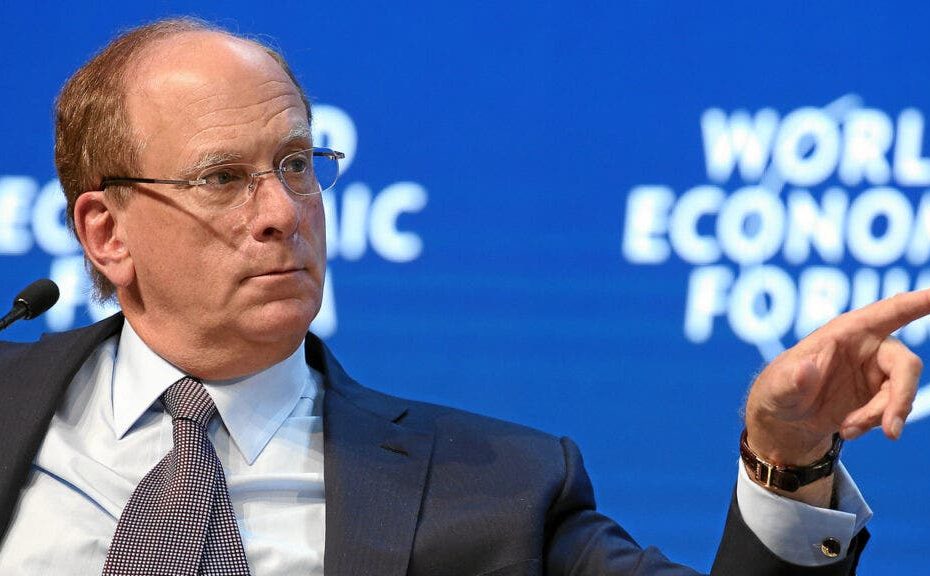In a world where retirement increasingly feels like a mirage on the horizon, BlackRock CEO Larry Fink is calling for a hard reset on how we think about retirement.
His message? It's time to rethink the traditional retirement age of 65 — a concept he labels “crazy,” given its ancient origins and the challenges facing Social Security and retirement savings in America.
The 65 retirement age: an outdated relic
“No one should have to work longer than they want,” Fink wrote in a recent letter. “But I find it a bit strange that our anchor idea for the appropriate retirement age – 65 years old – comes from the time of the Ottoman Empire.”
Don't miss:
This blunt criticism points to a simple truth: the retirement age, established in the early 20th century, no longer fits modern realities. Back then, life expectancy was much shorter – many workers didn't even live long enough to see their retirement benefits.
Fast forward to today and the script has been flipped. Americans are living longer, which Fink calls “a wonderful thing,” but this longevity is a retirement system not designed for decades-long retirement.
The pension crisis and the uncertain future of social security
An important piece of the puzzle is the looming shortage of social security financing. According to Fink, the Older-age and survivor program is expected to run out of money within the next decade. Once that happens, Social Security will rely solely on payroll taxes, which only cover about 79% of promised benefits, according to the National Association of Plan Advisors.
Baby boomers have contributed to Social Security for decades and helped build a surplus. But now, as millions of them retire, those reserves are dwindling. Meanwhile, Millennials and Gen Z continue to stare at an increasingly shaky safety net.
Trending: Can you guess how many Americans successfully retire with $1,000,000 saved? The percentage may shock you.
Fink pulls no punches in his assessment of the Baby Boomer generation's role in this crisis: “They believe that my generation—the Baby Boomers—have focused on their own financial well-being to the detriment of whoever comes next. And in the event of retirement, they are right.”
Working longer as a solution
Fink is not the only one to suggest that working longer can solve the pension crisis. Republican lawmakers and even former presidential candidate Nikki Haley have pushed similar ideas. Fink argues that working after 65 can help individuals save more, increase their Social Security benefits and ease pressure on the system.

